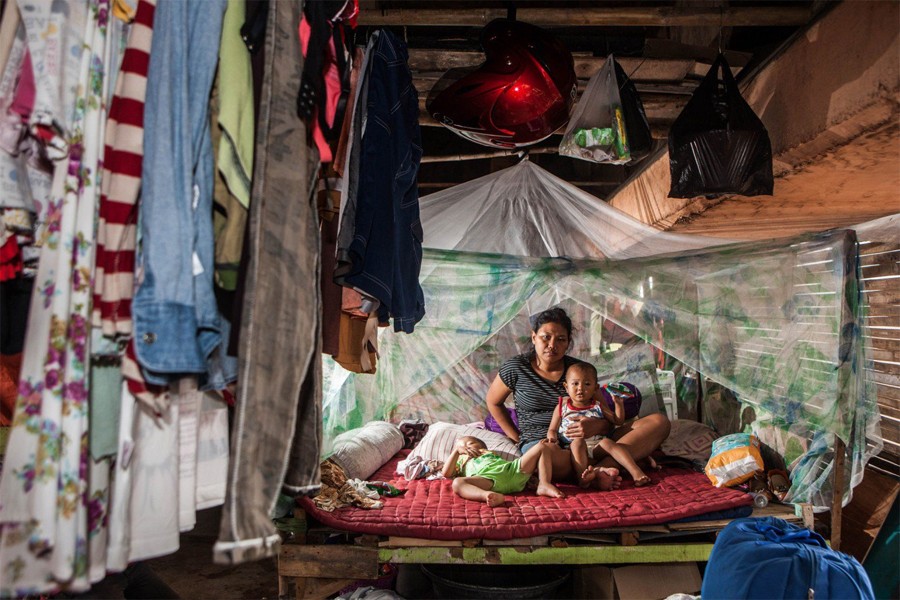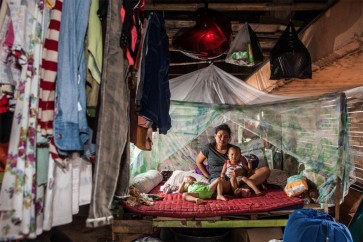Popular Reads
Top Results
Can't find what you're looking for?
View all search resultsPopular Reads
Top Results
Can't find what you're looking for?
View all search resultsUrban housing suffers from silo mentality
Indonesia is suffering from a backlog of 11.4 million houses, and the country’s urban poor are not getting the homes that they need.
Change text size
Gift Premium Articles
to Anyone
T
he theme of this year’s World Habitat Day, which fell on Oct. 2, was “Affordable Homes.” But Indonesia is suffering from a backlog of 11.4 million houses, and the country’s urban poor are not getting the homes that they need.
Blame it on institutional silo mentality and knowledge disconnects among policymakers. Policies are drafted by those who work only within their institutional mandates and think within their own academic paradigms. Such compartmentalization in acting and thinking does not work to solve multi-faceted issues.
There are three institutional and knowledge “silos” that contribute to Indonesia’s failure to house the urban poor: The disconnects between housing types and job types, between housing development and economic development and between urban development and regional development.
The first is more a micro issue, looking at housing types and job types within a city. The second is a mezzo-level issue, linking housing with local economic development. The third is more macro, highlighting the need for more balanced urban development across the country.


















